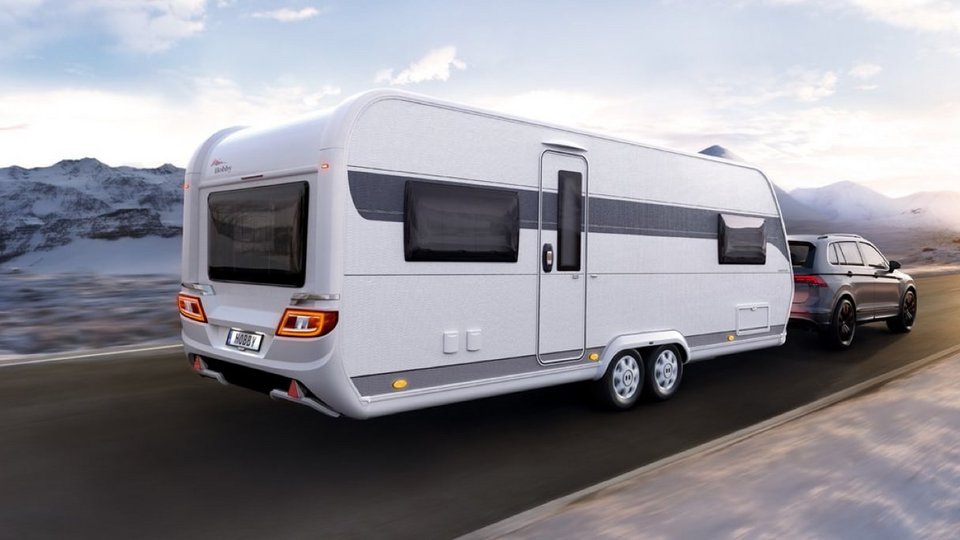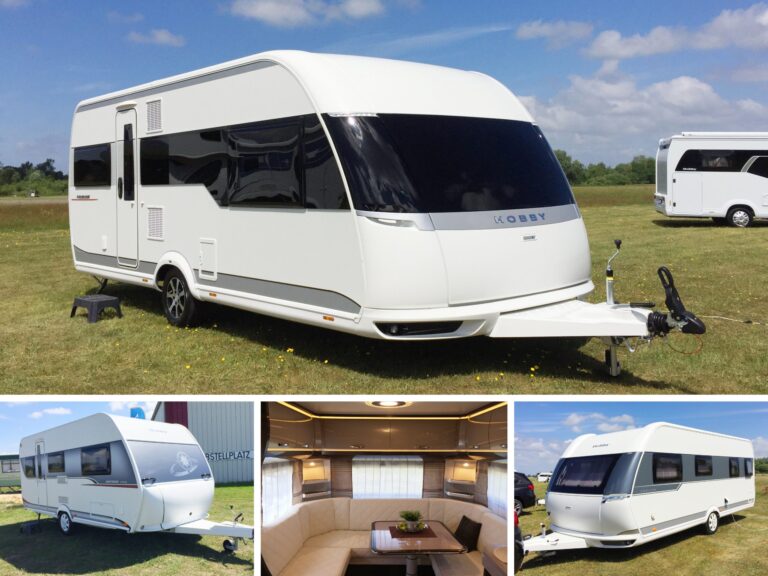Hobby caravans, also known as recreational vehicles (RVs) or campers, are a popular means of travel and leisure for many individuals and families.
These mobile homes offer the freedom to explore the great outdoors while enjoying the comfort of a home on wheels.
However, there are situations and places where hobby caravans may face restrictions or even be banned. In this article, we’ll explore the various reasons why such restrictions might be imposed.
What are the common reasons for restricting hobby caravans?
The common reasons for restricting hobby caravans typically include concerns about these.
Environmental Concerns
RVs, due to their size and weight, can have a significant impact on fragile natural environments.
They can damage roads, destroy vegetation, and contribute to soil erosion. In some cases, they may also disturb wildlife and disrupt delicate ecosystems.
To protect these areas, authorities may restrict or prohibit the use of hobby caravans in specific natural reserves, parks, or wilderness areas.
Overcrowding

The issue of overcrowding is particularly prevalent in popular tourist destinations. When too many RVs congregate in a limited space, it can lead to congestion, making it challenging for all travelers to find suitable camping spots.
Overcrowding can also strain local amenities, such as bathrooms and water resources, negatively impacting the experience for all visitors.
Infrastructure Strain
RVs have specific requirements that must be met for a comfortable and safe stay. These requirements include the need for electricity, water, sewage disposal, and waste management facilities.
In areas with limited infrastructure, the sudden influx of RVs can overburden local resources and lead to inadequate sanitation or utility services.
Local Regulations
Local regulations are a crucial aspect of RV travel. They can vary significantly from one area to another.
For example, some communities may have strict rules against overnight parking in non-designated areas, while others may welcome RVers with open arms. Being aware of these local laws is vital to avoid fines and maintain a positive relationship with local residents and authorities.
Noise and Disturbance
RVs can generate noise from various sources, including generators, air conditioners, and even social activities inside the vehicle.
In quiet residential areas or campgrounds, this noise can disrupt the peace and tranquility that many travelers seek when camping. Excessive noise may lead to complaints from neighbors or other campers and could result in restrictions on RV use.
Safety Concerns
RVs come in various sizes, and some are quite large and heavy. Navigating narrow or winding roads can be challenging for these vehicles. Parking in precarious locations, particularly near cliffs or steep inclines, can be hazardous.
To ensure the safety of both the RVers and others on the road, some areas may have restrictions in place, such as weight limits or road access limitations.
Seasonal Restrictions
In regions with harsh weather conditions, seasonal restrictions are common. For example, mountain passes may be closed during the winter months due to heavy snowfall or icy road conditions.
Also, RVs are less equipped to handle such conditions compared to standard vehicles, making it unsafe and impractical for them to pass through these areas during certain times of the year.
By recognizing and respecting these restrictions, hobby caravan enthusiasts can not only avoid legal issues but also contribute to the responsible and sustainable use of their vehicles. Being considerate of the environment and local communities is key to ensuring that the appeal of RV travel remains intact for all enthusiasts while safeguarding the beauty and serenity of the destinations they visit.
FAQ’s
Are hobby caravans associated with gypsies?
Hobby caravans are not exclusively associated with any particular group. They are used by a diverse range of people for recreational travel and camping.
Are caravans male or female?
Caravans do not have gender; they are inanimate objects used for transportation and accommodation.
Is Hobby Caravan German?
Yes, Hobby is a well-known German manufacturer of caravans and motorhomes, but Hobby caravans are used and made in various countries.
Why do some sites not allow hobby caravans?
Some campsites or locations may have restrictions on hobby caravans due to concerns about environmental impact, overcrowding, infrastructure limitations, or local regulations.
What is the meaning of a gypsy caravan?
A gypsy caravan typically refers to a traditional horse-drawn wagon or vardo used by Romani or Traveller communities for centuries as their homes during nomadic lifestyles.
Why do nomads live in caravans?
Nomads often choose caravans for their mobility and self-contained living spaces, allowing them to travel freely and maintain a comfortable lifestyle while on the move.
Final Words
In summary, while hobby caravans are not outright banned, they may be subject to restrictions for various reasons, including environmental concerns, overcrowding, infrastructure strain, local regulations, noise and disturbance, safety, and seasonal factors.
Understanding and respecting these restrictions is crucial to ensure a positive and responsible RV travel experience.

